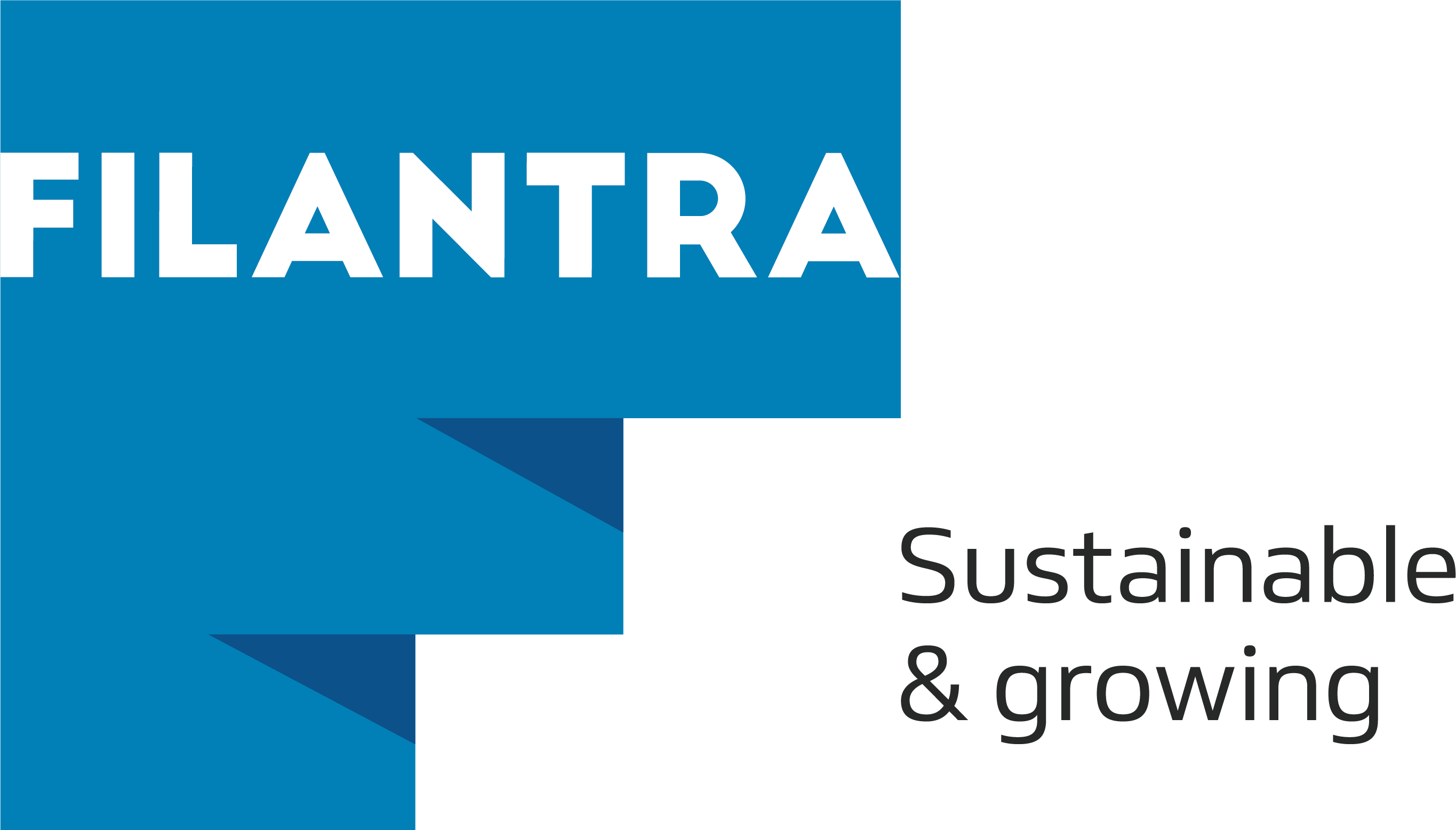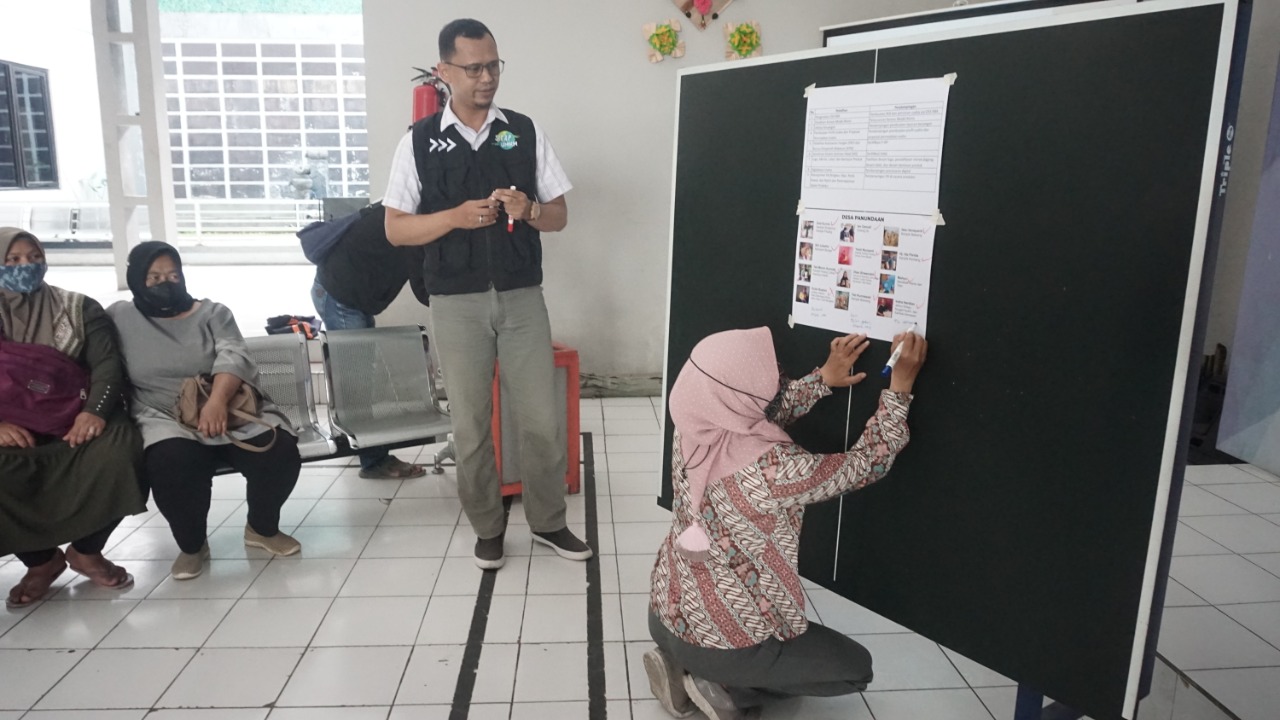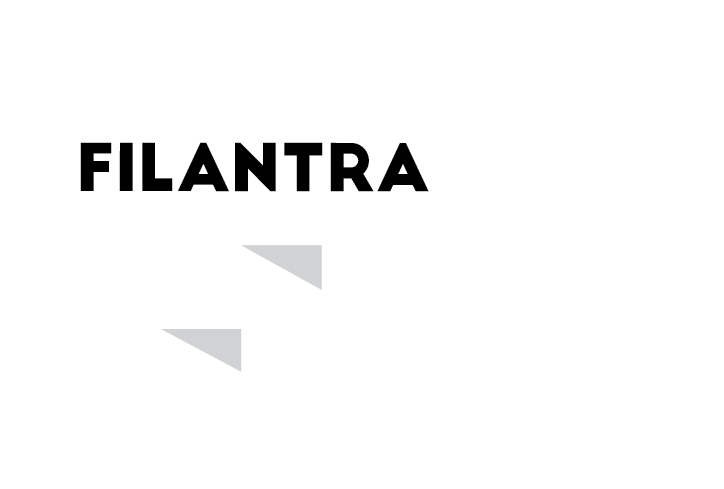SROI Calculation, How PT Geo Dipa Energi (Persero) Measures the Accountability of the MSME
Social Return on Investment (SROI) Program is an effective measurement instrument and can be understood by everyone regarding the impact, return, benefit or value in today’s society. This measurement can be used by everyone to evaluate impact on stakeholders, identify ways to improve performance and improve investment performance. This technique requires the involvement of all stakeholders in a plan/program to determine priorities and implementation plans.
In Bandung Regency, PT Geo Dipa Energi (Persero) through Filantra provides support for food MSMEs in the form of training and business assistance to improve the quality of business management, production capacity, and marketing with the ultimate goal of providing added value to local food businesses in increasing family income in three villages. around the Patuha Unit 2 PLTP Project.

To ensure that the assistance provided is in accordance with the needs and is effective in improving the quality of the business, an integrated study was carried out for the development of local food MSMEs in the villages around the Patuha Unit 2 PLTP project 2.

MSME development activities carried out in March – June 2022 includes 33 food MSME owners or managers in three locations, namely three villages and three sub-districts, namely Alamendah Village, Rancabali District; Panundaan Village, Ciwidey District; and Sugihmukti Village, Pasirjambu District.
This study was compiled according to the SROI methodology developed by Filantra with reference to the guidelines published by Social Value UK (2012) utilizing various existing reporting practices, such as social accounting, impact assessment and sustainability reporting guidelines. The information contained in this review has been drawn from cufa project plans, performance reports, and quarterly monitoring reports, and broadly involves stakeholders as resource persons.

The results of the SROI calculation later may differ from the findings and analyzes carried out in the future due to various factors, such as: limited data, the time allotted for data collection, or changes in the situation after observation.
Meanwhile, in July 2022 PT Geo Dipa Energi (Persero) together with Filantra conducted a study to calculate the potential return value of the local food MSME development program around the Patuha Unit 2 PLTP WKP as part of the preparation of the program development plan. Return value is expressed in rupiah and comparison. This return value review refers to the seven core principles of SROI to ensure the consistency and credibility of the assigned values.
In addition, the calculation of the social return value refers to the framework (logframe), especially on outcome or results of activities, namely increasing the sales of business products. In this study, data were obtained through focus group discussions (FGD) and interviews.
Regardless of the approach used, there are three important steps in stakeholder analysis, namely:
1) Identifying the stakeholders and their respective interests,
2) Assessing the influence, importance and level of impact of each stakeholder,
3) Identifying the best way to engage stakeholders .

From interviews and observations of the increase in the businesses of assisted residents who take part in training and business assistance activities, it can be concluded that in March 2022 the total income of the assisted MSMEs was Rp. 118.418.600 and in June 2022 it increased to Rp. 150,699,500 or an increase of Rp. 32,280,900 (27%) or an average of 7% per month.
The results of a social feedback study conducted on training and mentoring activities for food MSMEs in three villages around the Patuha 2 PLTP indicate that the program generates positive economic value.

The value of the economic benefits generated in five years from training and mentoring activities is estimated at Rp. equivalent or net social return (Net Return on Social Investment) of 2.79 times, with a payback period in the 16th month.
According to the results of the SROI calculation, it is known that the existence of the training and mentoring program has a positive impact on the relevant stakeholders involved, especially the MSME managers. The SROI ratio obtained from this program is 1:3.79 which shows that for every Rp1.00 that is invested by the company, it provides a social return of Rp.3.79.
The distribution of social returns created was enjoyed by (1) MSME managers by 93.7%; (2) tourism village managers by 4.7%;managers rest area by 1.6%.

Based on these results, MSME managers are the largest beneficiaries, followed by tourism village and rest area managers. Other stakeholders such as village government, BUMDES, and Bandung Regency Government who are not directly involved in the program become stakeholders who are relatively unaffected.







